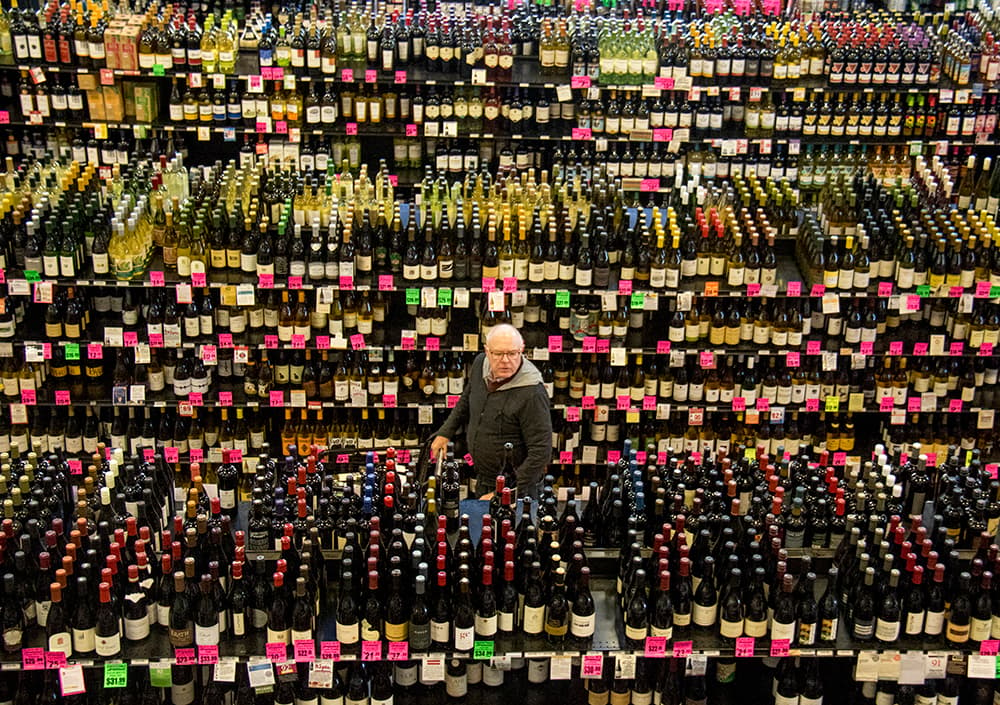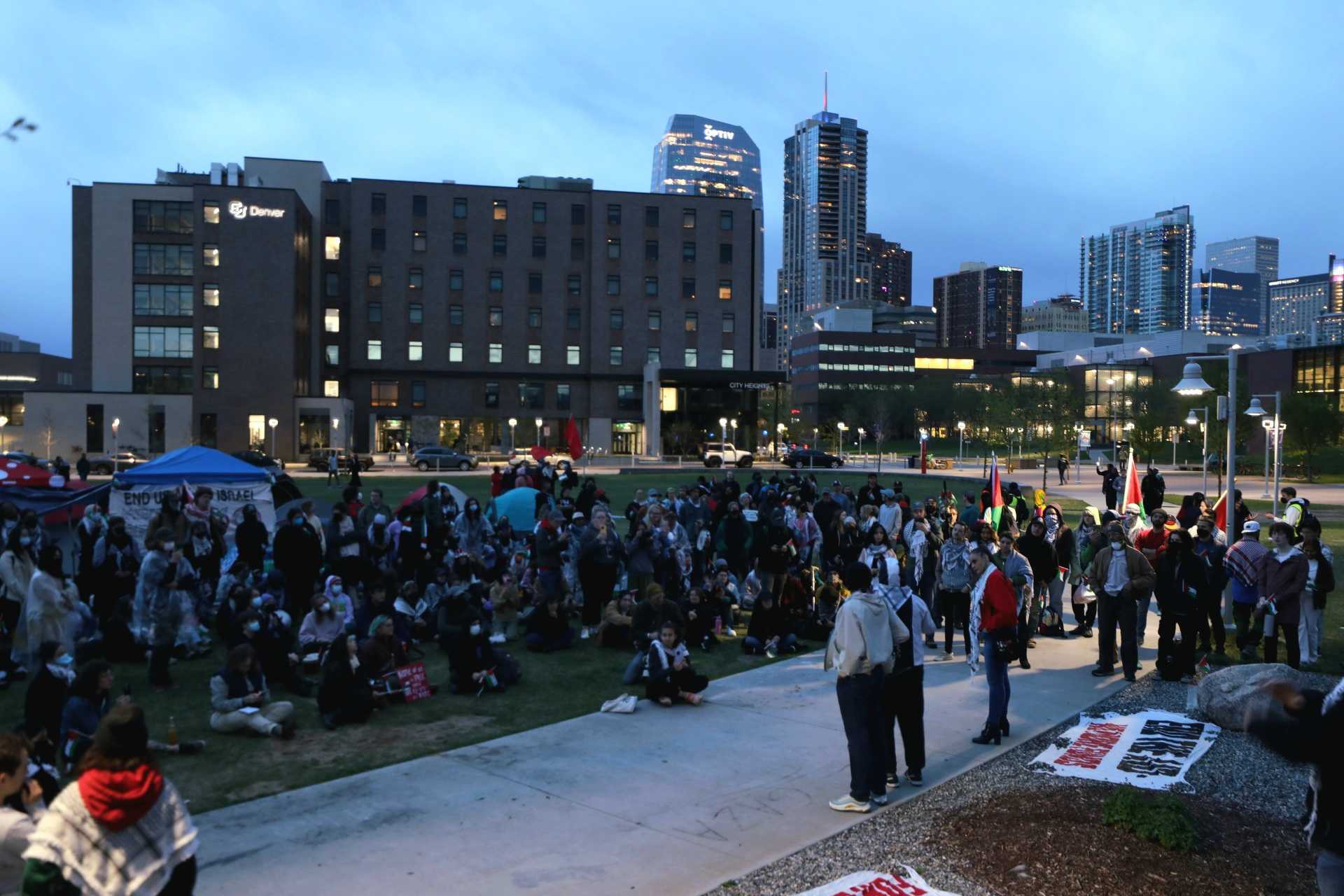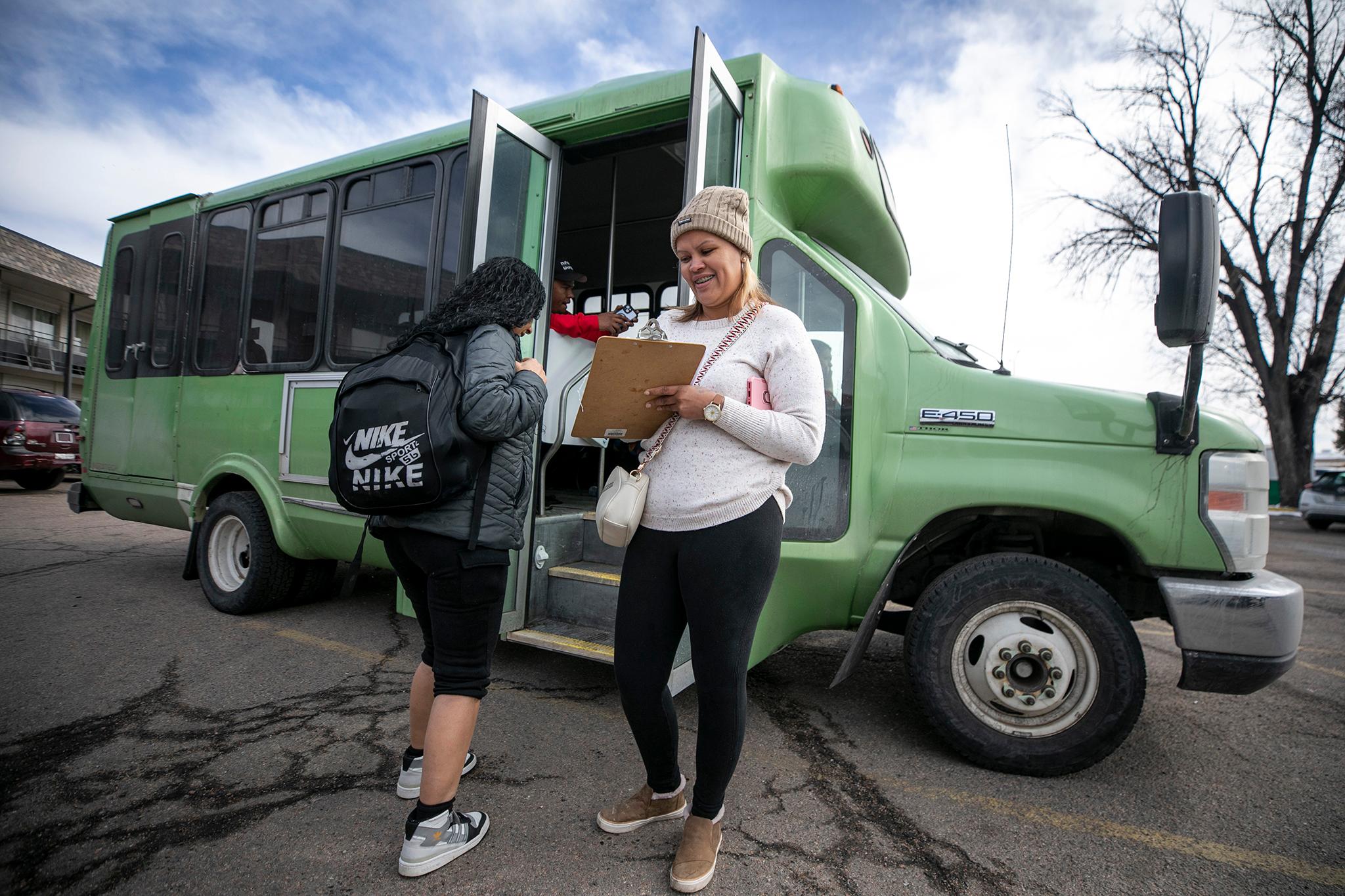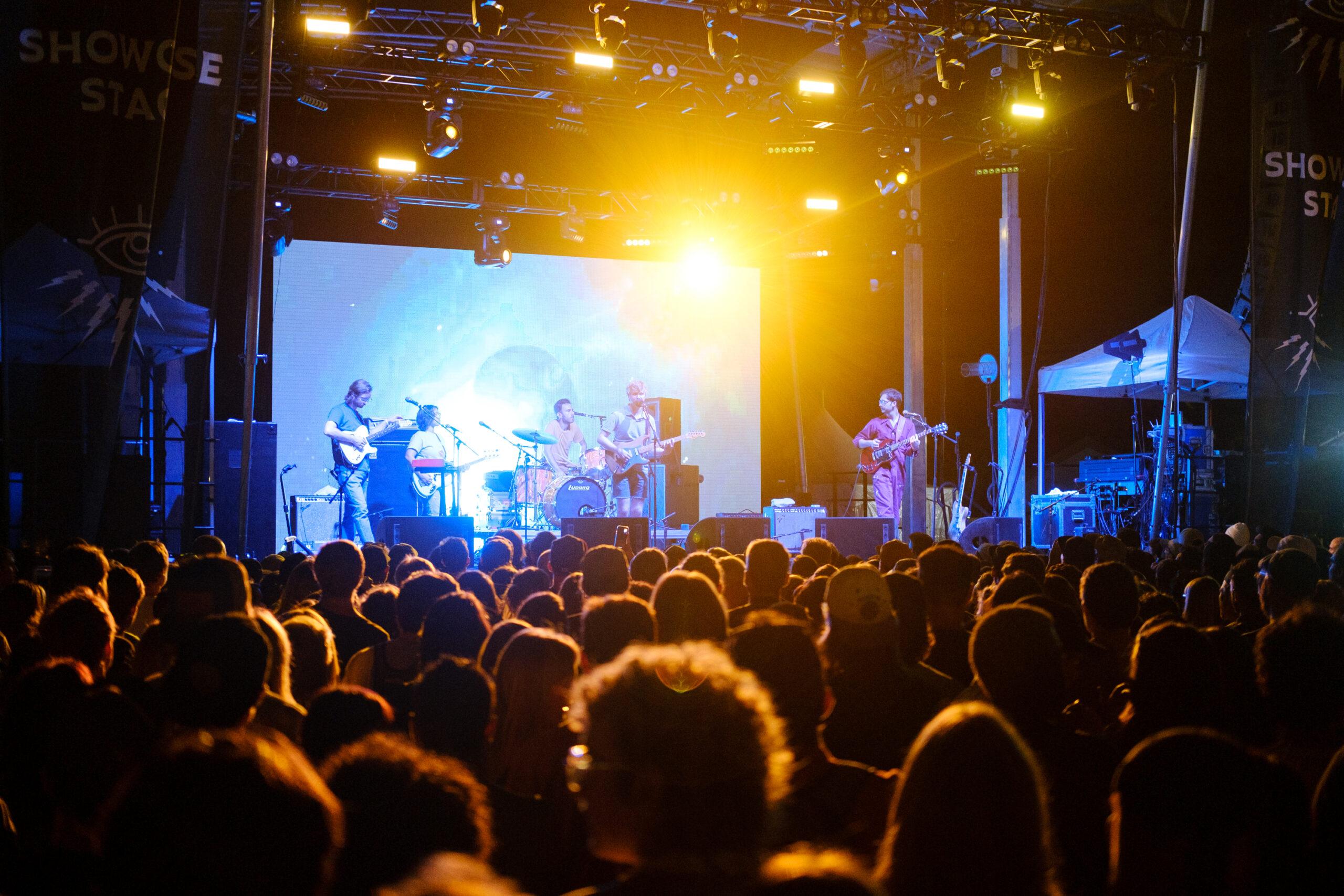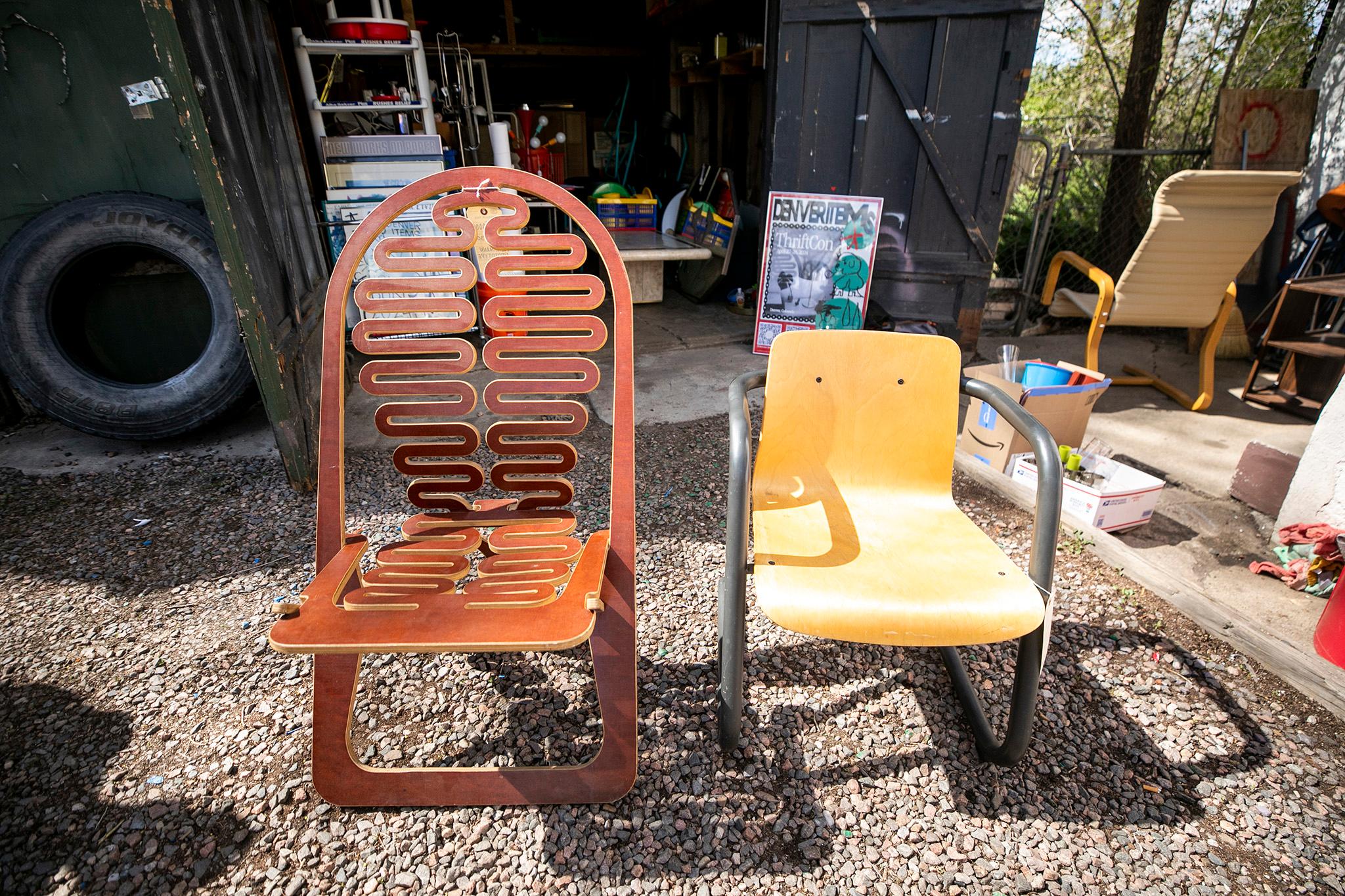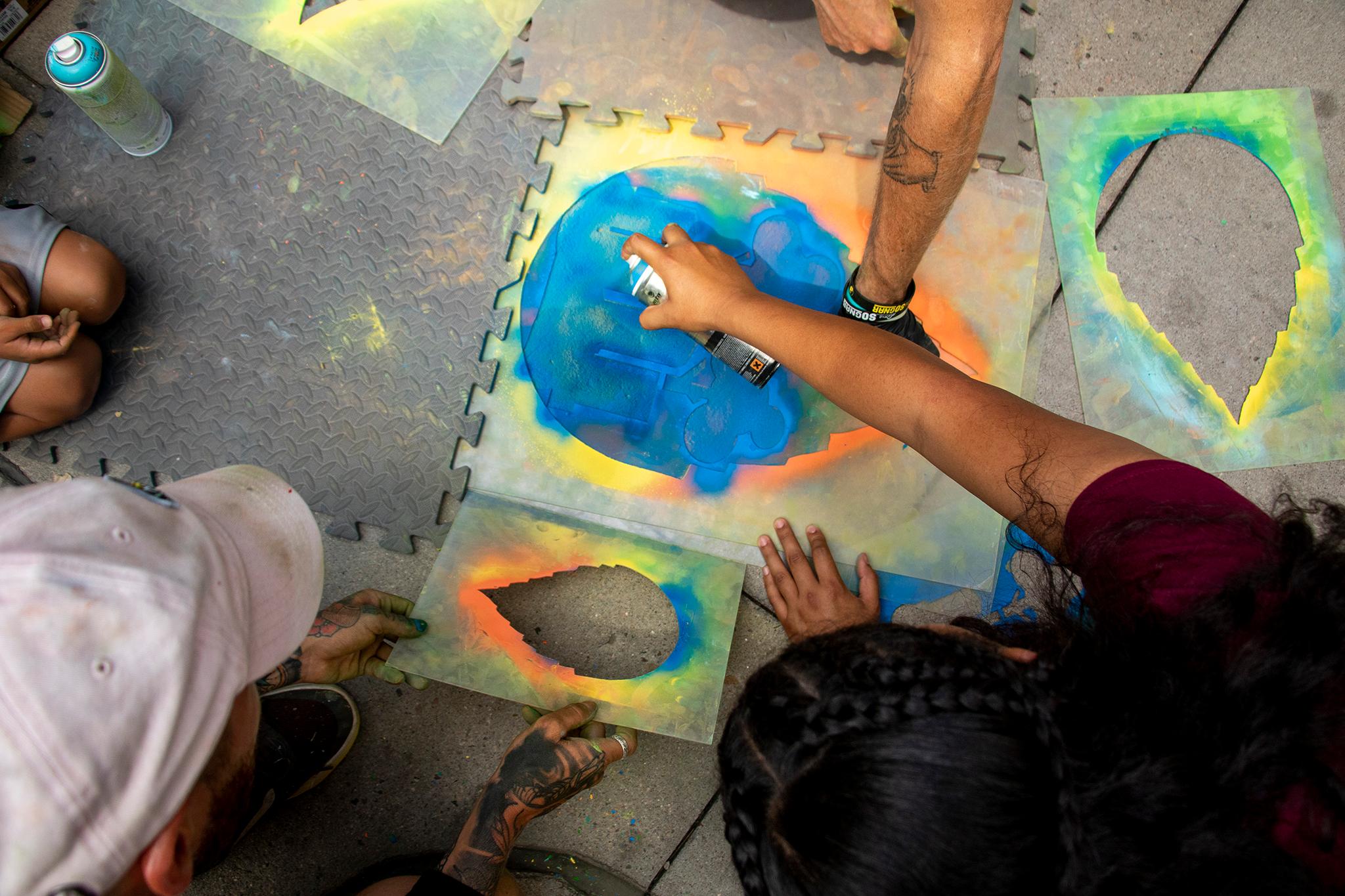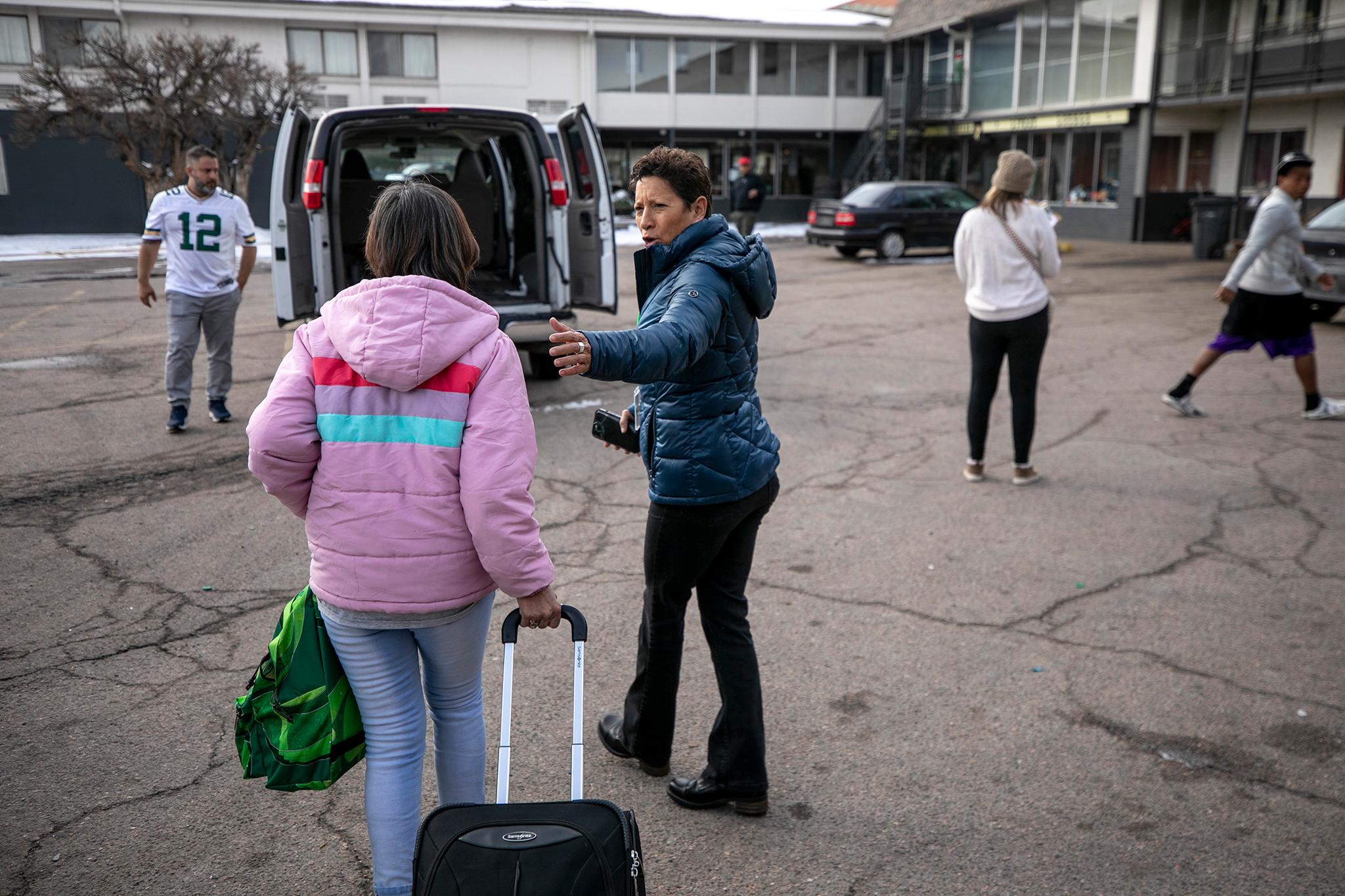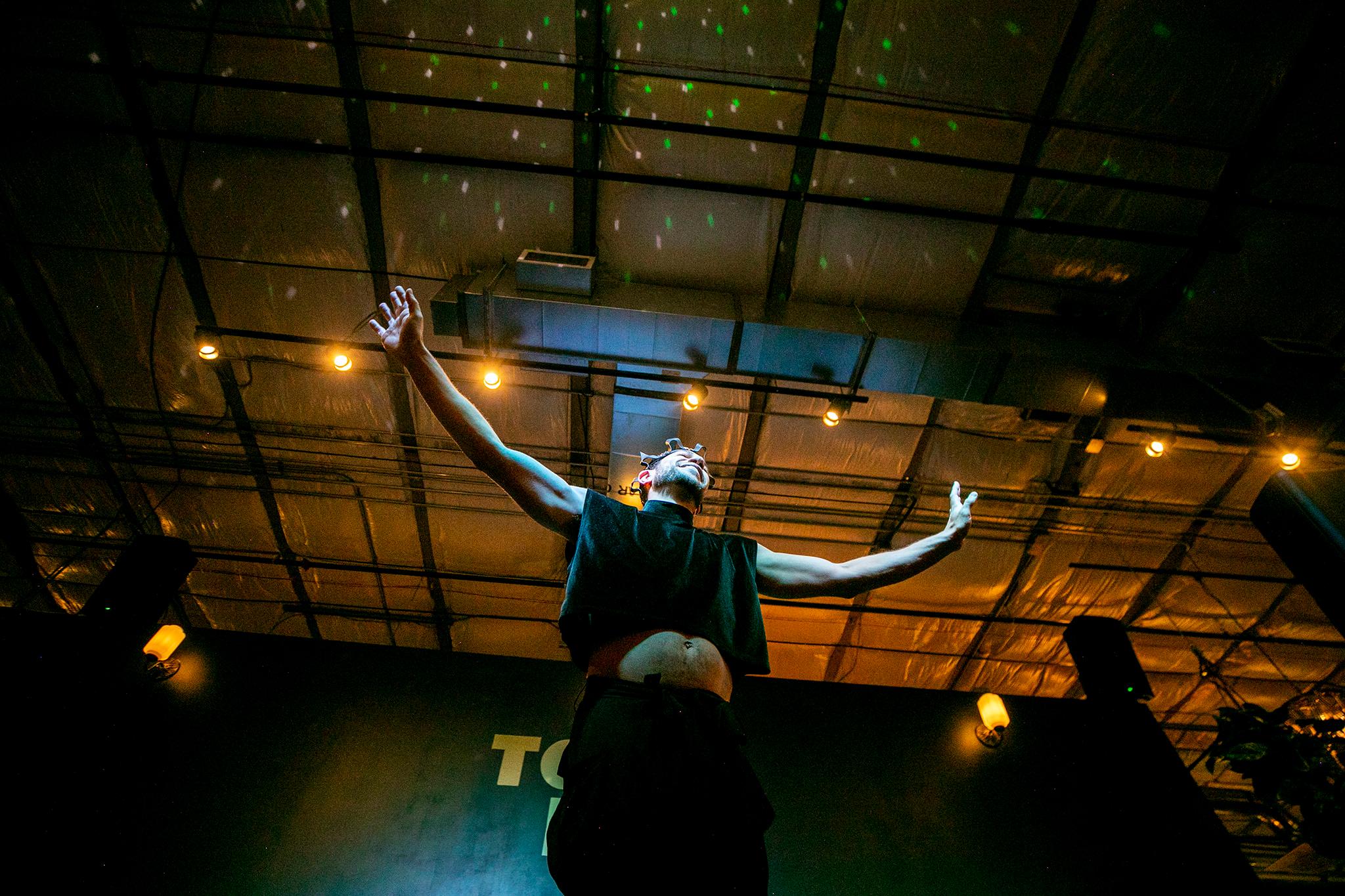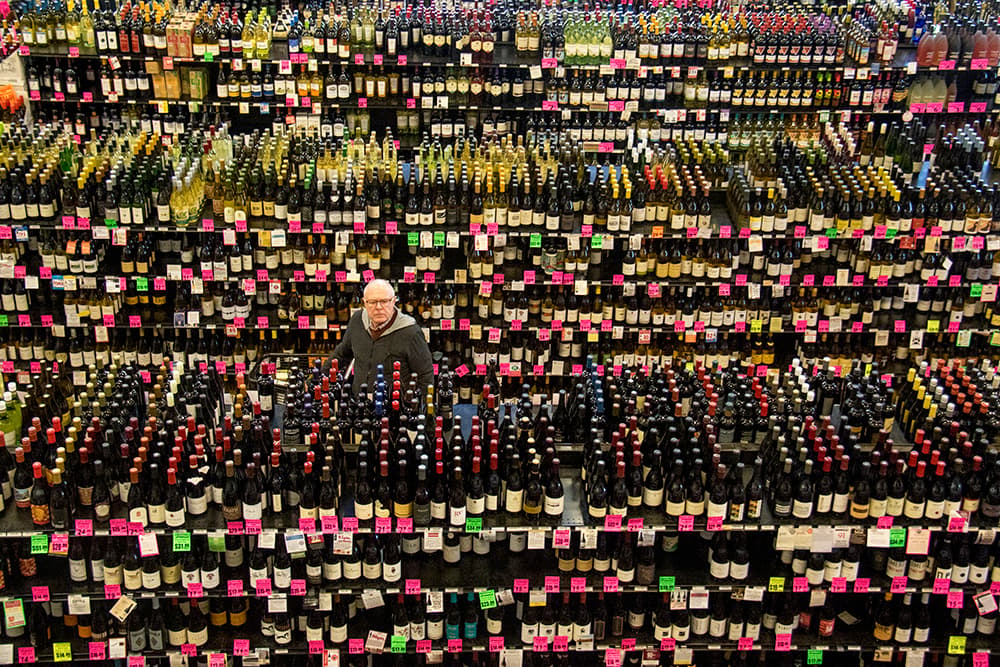
Key players behind supermarkets, liquor stores and other alcohol purveyors gathered Friday in downtown Denver to discuss the future of beer sales in Colorado.
But the group had little to say to each other during its first gathering since the 2017 legislative session. So little, in fact, that what was scheduled to be a three-and-a-half hour meeting on the 30th floor of the Tabor Center ended more than an hour early.
A "consensus bill" that aimed to bring easy fixes to the legislation passed in 2016 — allowing grocery stores to eventually transition from selling 3.2 to full-strength beer — ended up falling apart during the session, leaving each player to work in its own best interest. Now it's unclear if the group can come back together this summer and agree on recommendations for how to phase out 3.2 beer.
If the working group can't make recommendations for new rules, some like the Colorado Municipal League, believe any 7-Eleven, Loaf 'N Jug or other store currently selling 3.2 beer could automatically switch to full strength in 2019.
How we got here:
"The session really got messy," said Jeanne McEvoy, CEO of the Colorado Licensed Beverage Association. "It got less than positive and legislators got confused and were unsure of what was right."
State legislators dodged a ballot fight in 2016 over where beer could be sold in Colorado by passing SB 197 late in the session. The bill, signed into law by Gov. John Hickenlooper, allows grocery stores to phase in the sale of full-strength beer starting in 2019. The bill also allows some stores, like King Soopers and Safeway, to increase the number of locations already selling full-strength beer, wine and liquor.
Although Walmart helped negotiate the compromise bill in 2016, the corporation was somehow not given the ability to expand its locations where beer, wine and liquor could be sold. The consensus bill was expected to address that and other logistical issues. However, the legislation died by one vote in the Senate.
Why did the consensus bill die?
The consensus bill hit a bottleneck after some players wanted to renegotiate the original compromise and felt that Walmart was getting special treatment, McEvoy said. For instance, the folks behind Applejack Wine & Spirits in Wheat Ridge wanted liquor stores to be able to have more than the four locations the new law allowed, and grocery stores who would still not be able to sell wine, vodka and other alcohol under the new rules wanted to the same opportunity as King Soopers and Safeway.
"I give Applejack's owners credit. They did a stellar job of recruiting parties that were never at the table — the Trader Joe's, the Whole Foods, the Sprouts, the Kum & Go convenience stores," McEvoy said. "They all put their heads together and said 'Let's stir this pot.'"
A call to Applejack wasn't returned. Whole Foods said it did not play a role in killing the consensus bill.
"It would be great to sell beer and wine to our customers, but we weren't involved in that at all," said Heather Larrabee, Rocky Mountain region spokeswoman for Whole Foods. "We had been under the impression from the very first round of legislation that we'd get our stores licensed for 3.2 beer so that in 2019 when they converted, we'd be ready."
Ready for the conversion?
Safeway, Applejack, Kum & Go and others in the liquor industry had representatives at the meeting in Denver last week. The group is expected to come up with recommendations for how grocery and convenience stores will transition from 3.2 to real beer.
More than 1,400 places in Colorado have licenses to sell 3.2 beer. Legislators will have to decide if each one and every one of them can automatically start selling real beer in 2019 or if there will be rules in place to require public hearings or prevent sales near schools, playgrounds or other alcohol sellers.
Distance rules were already put in place for supermarkets with a liquor-licensed drug store, and those supermarkets have to buy at least two liquor stores’ licenses before opening a new spot where they sell beer, wine and hard alcohol. There's not yet rules in place for other grocery stores that could potentially sell full-strength beer.
A draft set of recommendations is planned to be released in November with the final rules being presented in January 2018 for state or General Assembly approval, said Patrick Maroney, director of the Colorado Liquor Enforcement Division.
"I'm totally open to recommendations from anybody, any industry member, law enforcement ... We're not going to limit that to any specific group," Maroney said.
Subscribe to Denverite’s newsletter here.
Business & data reporter Adrian D. Garcia can be reached via email at [email protected] or @adriandgarcia on Twitter.

